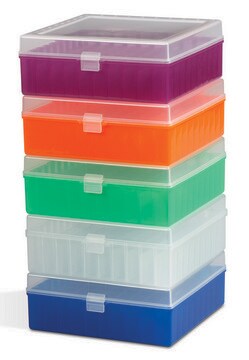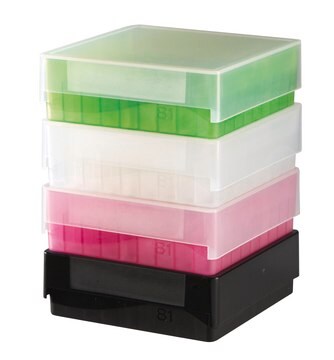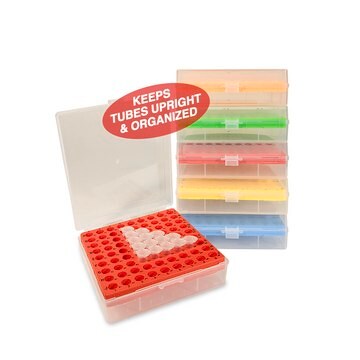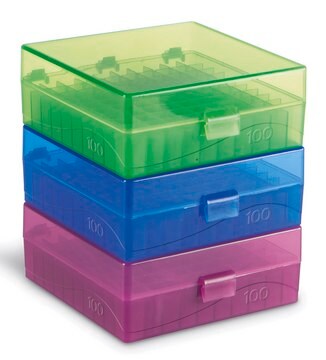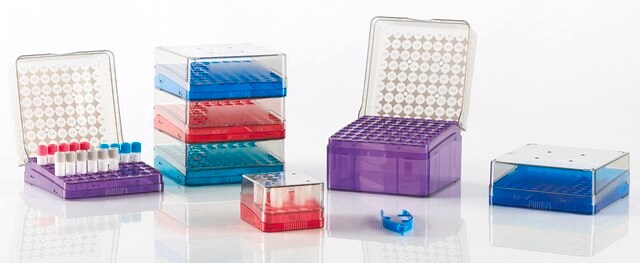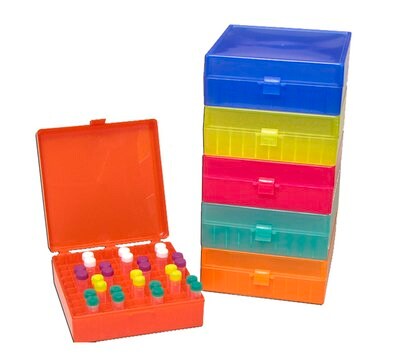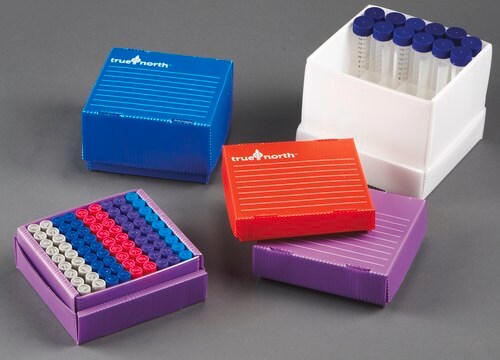MABF158A
Anti-CD3e (Mouse), PE-Cy7, clone 145-2C11 Antibody
clone 145-2C11, from hamster(Armenian), PE-Cy7
Synonyme(s) :
T-cell surface glycoprotein CD3 epsilon chain, T-cell surface antigen T3/Leu-4 epsilon chain, CD3e, CD3e
About This Item
Produits recommandés
Source biologique
hamster (Armenian)
Niveau de qualité
Conjugué
PE-Cy7
Forme d'anticorps
purified antibody
Type de produit anticorps
primary antibodies
Clone
145-2C11, monoclonal
Espèces réactives
mouse
Conditionnement
antibody small pack of 25 μg
Technique(s)
flow cytometry: suitable
Isotype
IgG
Numéro d'accès UniProt
Modification post-traductionnelle de la cible
unmodified
Informations sur le gène
mouse ... Cd3E(12501)
Catégories apparentées
Description générale
Immunogène
Application
Inflammation & Immunology
Immunoglobulins & Immunology
Qualité
Flow Cytometry Analysis: 1 μg from a representative lot detected CD3e in one million C57Bl/6 splenocytes.
Forme physique
Stockage et stabilité
Note: It is recommended to store the product undiluted at 2-8°C and protected from prolonged exposure to light. Do not freeze.
Autres remarques
Clause de non-responsabilité
Vous ne trouvez pas le bon produit ?
Essayez notre Outil de sélection de produits.
Code de la classe de stockage
12 - Non Combustible Liquids
Classe de danger pour l'eau (WGK)
nwg
Point d'éclair (°F)
Not applicable
Point d'éclair (°C)
Not applicable
Certificats d'analyse (COA)
Recherchez un Certificats d'analyse (COA) en saisissant le numéro de lot du produit. Les numéros de lot figurent sur l'étiquette du produit après les mots "Lot" ou "Batch".
Déjà en possession de ce produit ?
Retrouvez la documentation relative aux produits que vous avez récemment achetés dans la Bibliothèque de documents.
Notre équipe de scientifiques dispose d'une expérience dans tous les secteurs de la recherche, notamment en sciences de la vie, science des matériaux, synthèse chimique, chromatographie, analyse et dans de nombreux autres domaines..
Contacter notre Service technique